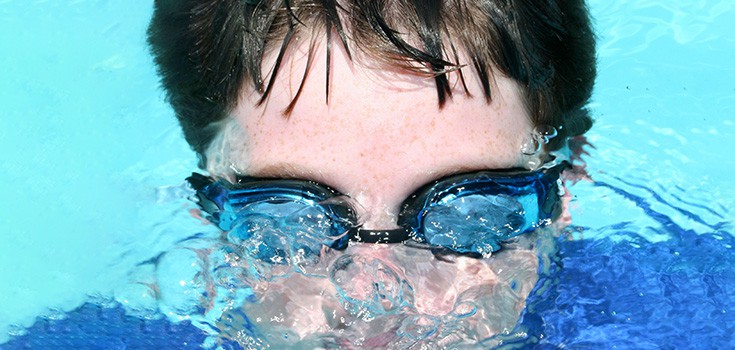Chlorine in Water, Pesticides, and Food Causing Food Allergy Spike

Food allergies seem to have been around forever, but there is little denying the fact that they have grown more prevalent over the past few decades. Just a generation ago, it was rare for a child to have a peanut or milk allergy, for instance, and now it seems that all schools are being forced to go peanut-free in order to accommodate all of the allergic children. As a matter of fact, the Centers for Disease Control and Prevention say food allergies increased 18% between 1997 and 2007 for children 18 years old and younger. So, what’s to blame?
Recent research published in the Annals of Allergy, Asthma and Immunology suggests chlorine, found in water and food, may be to blame.
Scientists studied more than 10,000 people who took part in the U.S. National health and Nutrition Examination Survey between 2005 and 2006. They found that those people with the highest concentrations of a chlorine byproduct (dichlorophenols) in their urine also had the highest risk of food allergies.
“High urine levels of dichlorophenols are associated with the presence of sensitization to foods in a US population,” they said. “Excessive use of dichlorophenols may contribute to the increasing incidence of food allergies in westernized societies.”
Many communities use chlorine in the processing of tap water, and the majority of Americans get their drinking water from a tap. But, this isn’t the only source. Pesticides used in farming are also a big source of chlorine. So big, in fact, that the researchers say this chlorine could be having more of an impact than the chlorine in your drinking water. The chlorine found in pesticides likely helps trigger the numerous negative health effects of pesticides.
“(Past studies) have shown that both food allergies and environmental pollution are increasing in the United States, (and the) results of our study suggest these two trends might be linked, and that increased use of pesticides and other chemicals is associated with a higher prevalence of food allergies,” the researchers wrote.
What does this all mean for you, the consumer? It means you have a responsibility to protect yourself and your children from chlorine exposure. If you drink from the tap, invest in a high quality water filter, such as a reverse osmosis water filter. Also, choose organic food over conventional to avoid the chlorine-containing pesticides – this is especially true for fruit and vegetables.
Additional Sources:

While we are more interested in using different types of food, clothing and as well use different types of water outside our home so we get more affected by use of pesticides and remain healthy which is extremely bad for our health that why we should always be using more and more disinfectants. The above information is extremely helpful. http://about.me/urgentcareguru